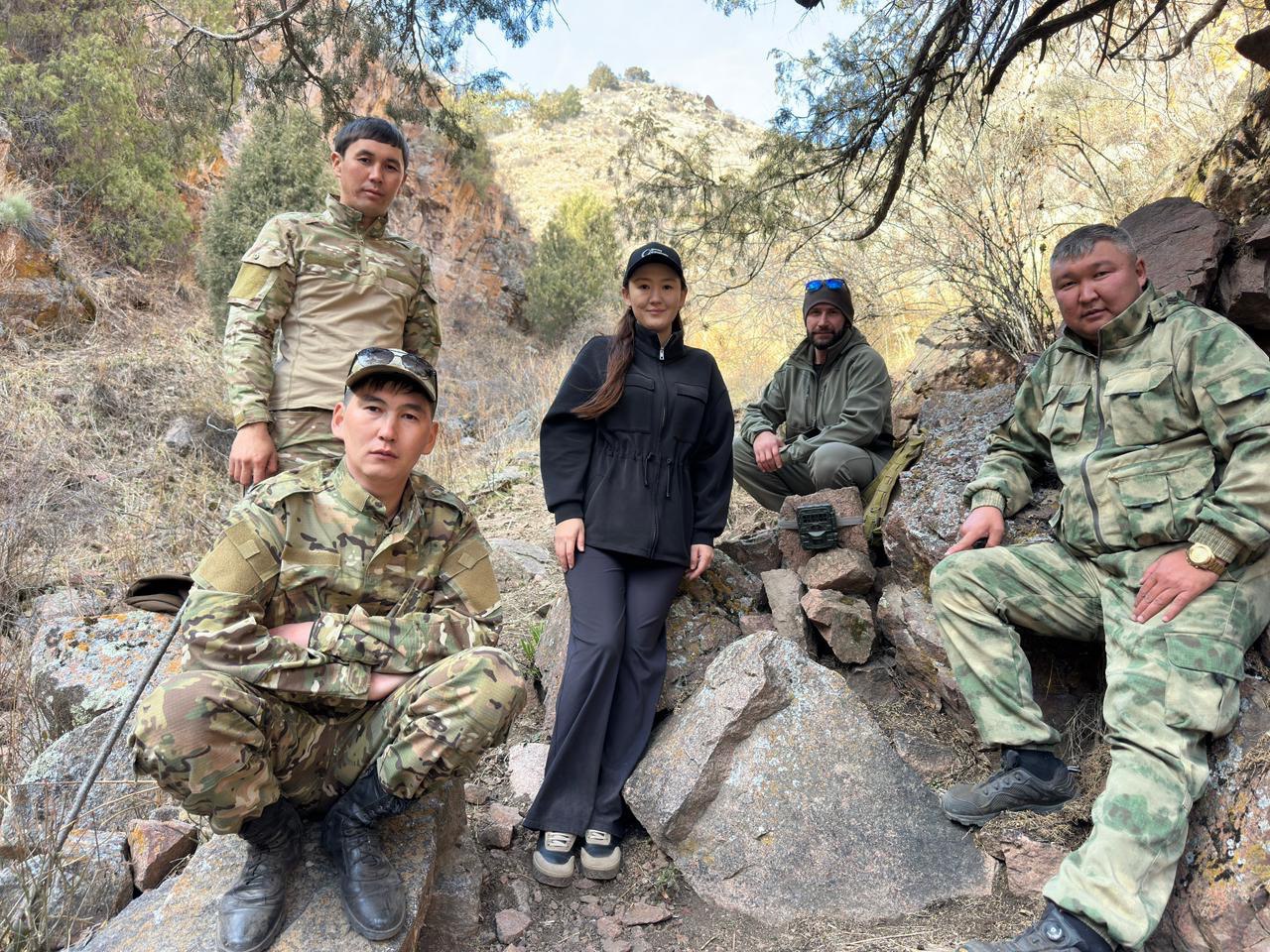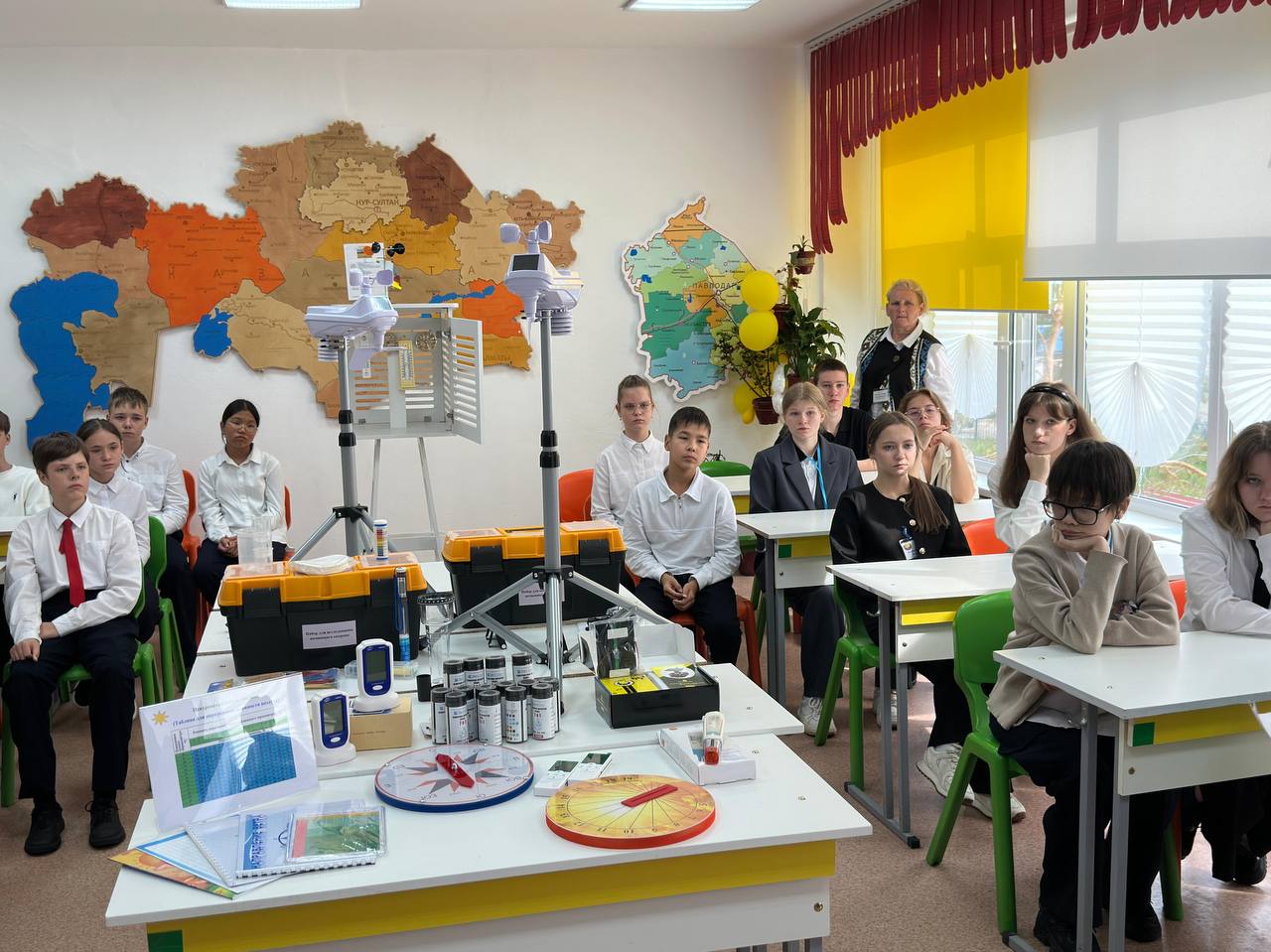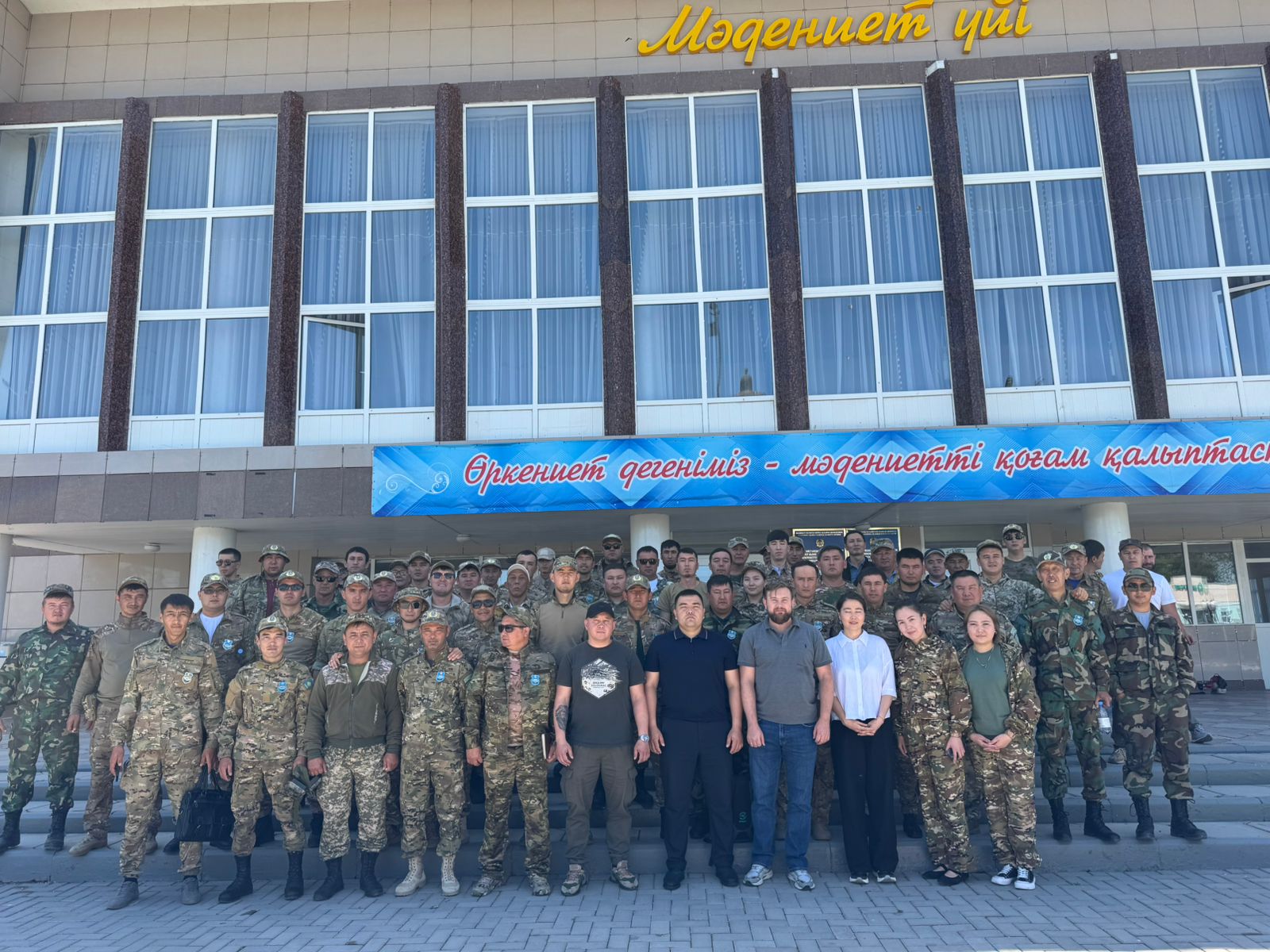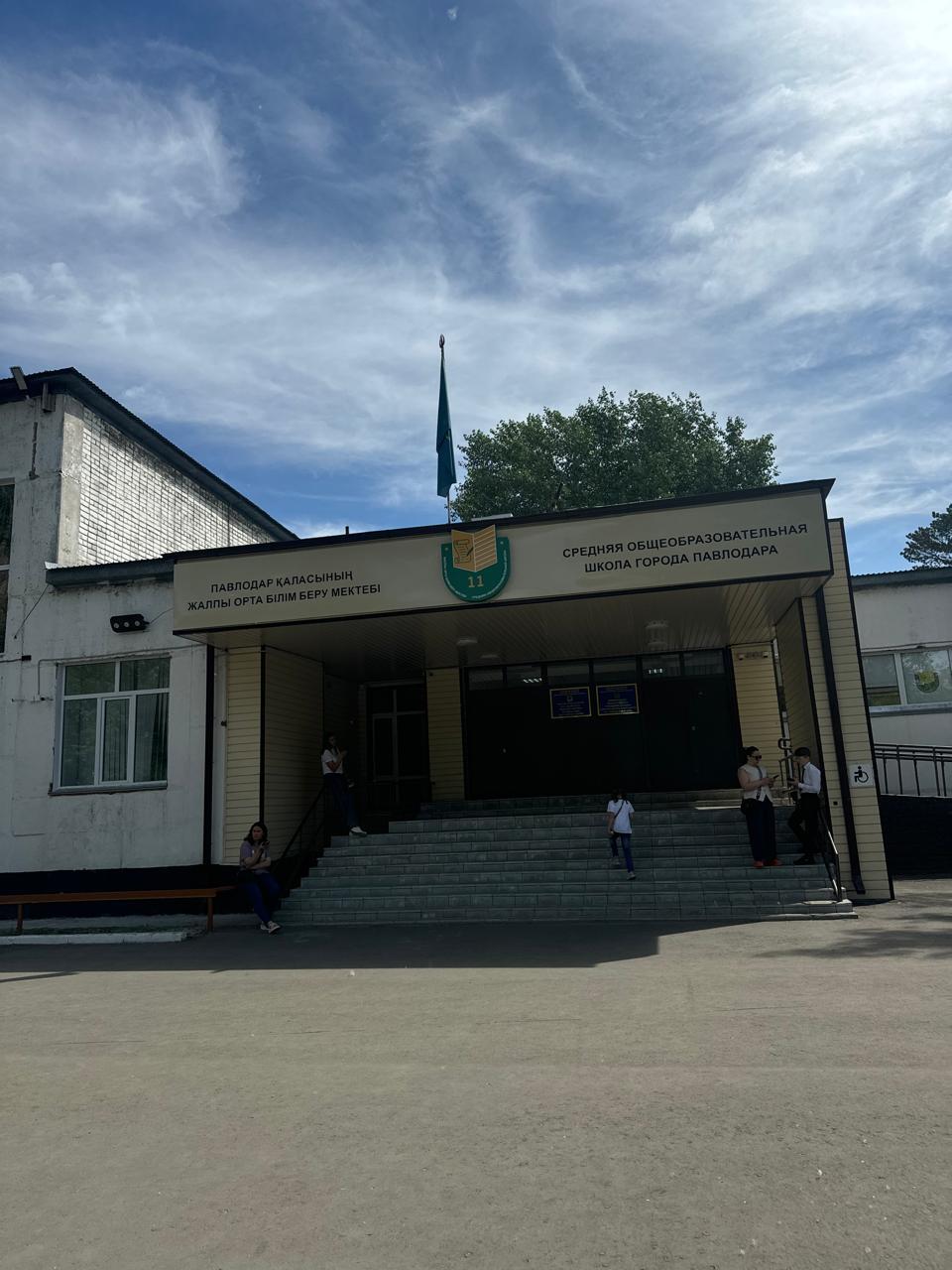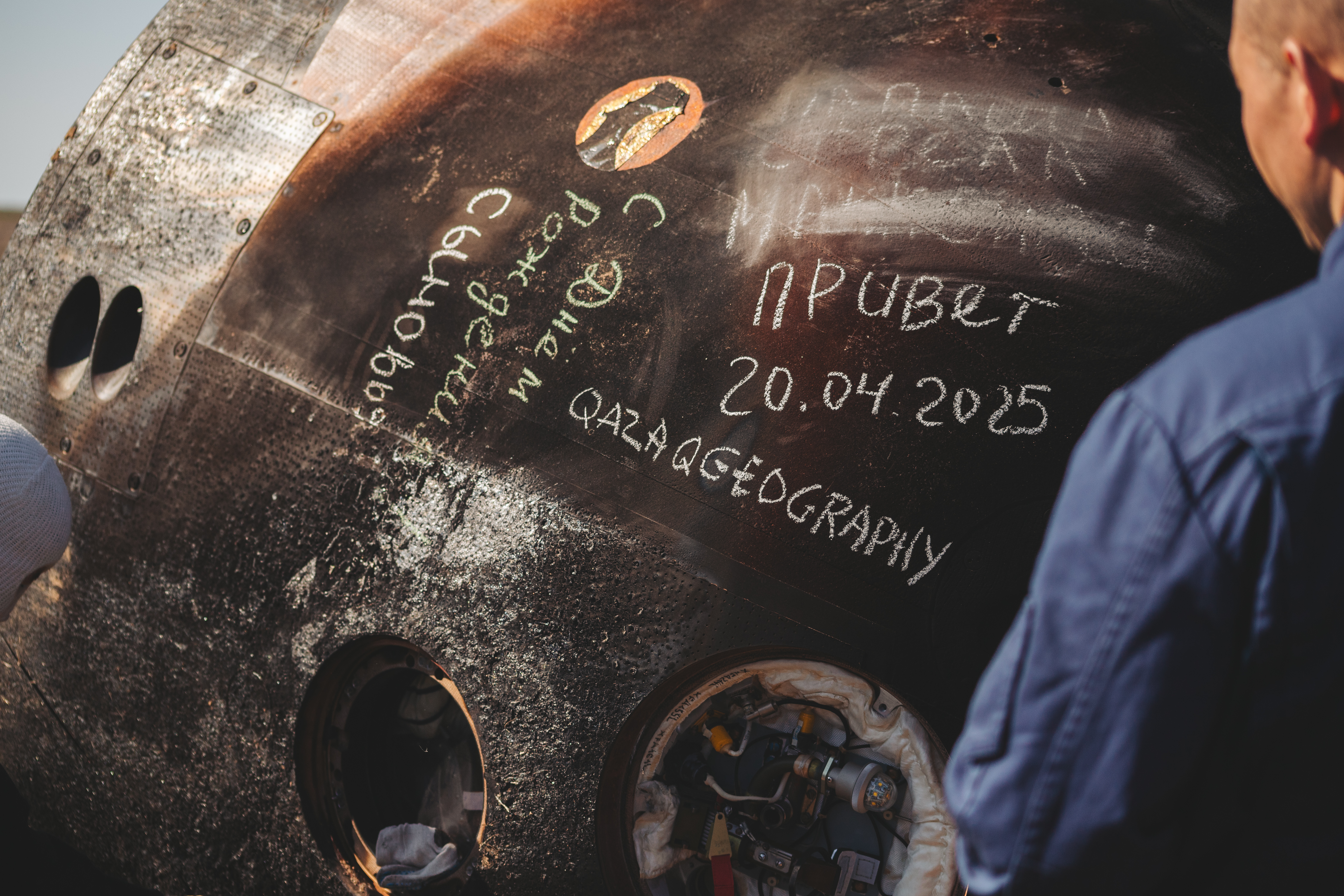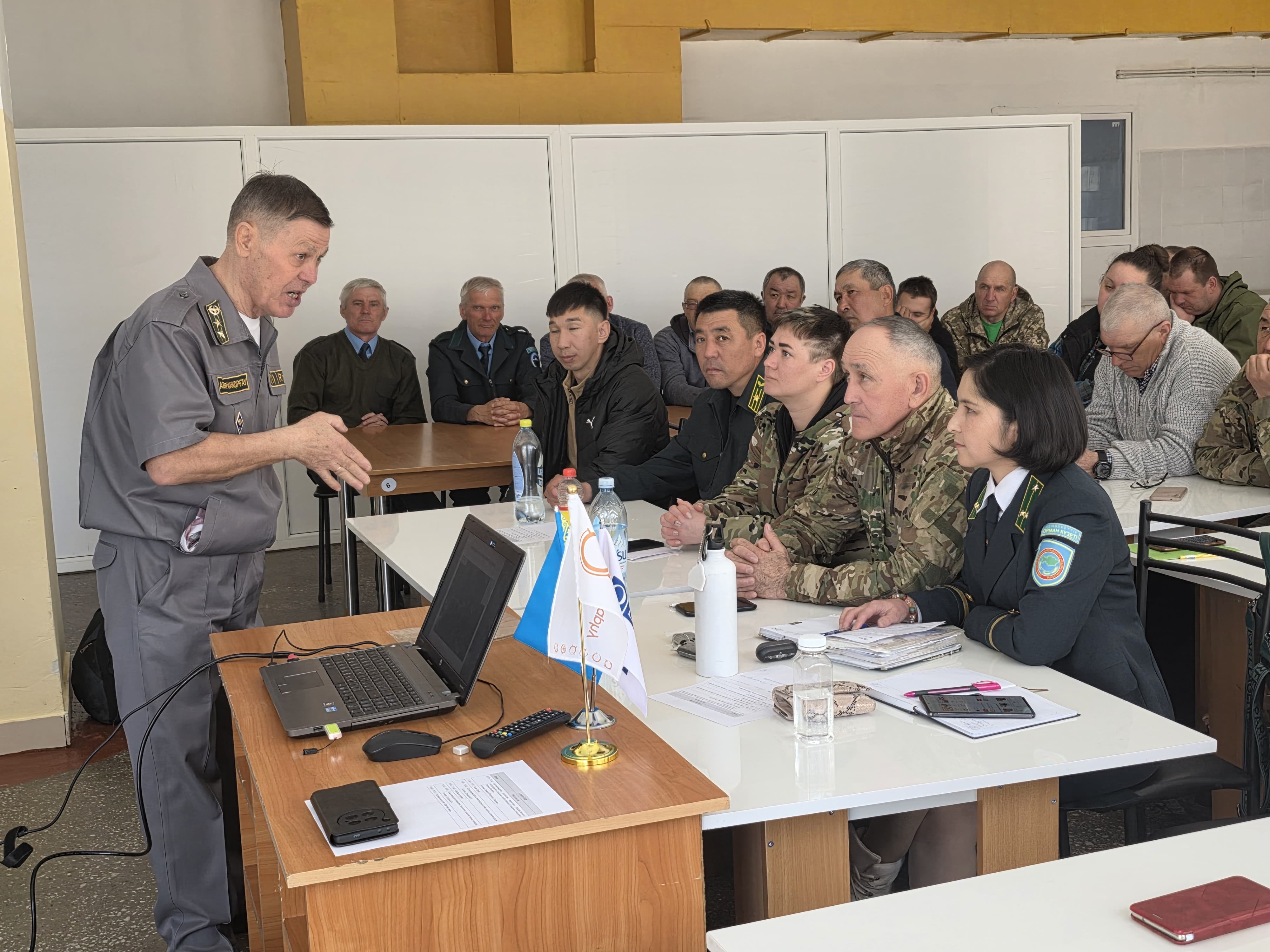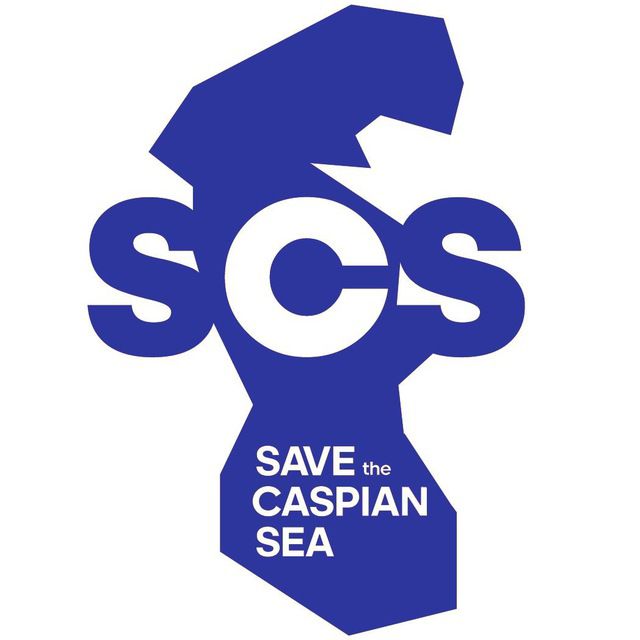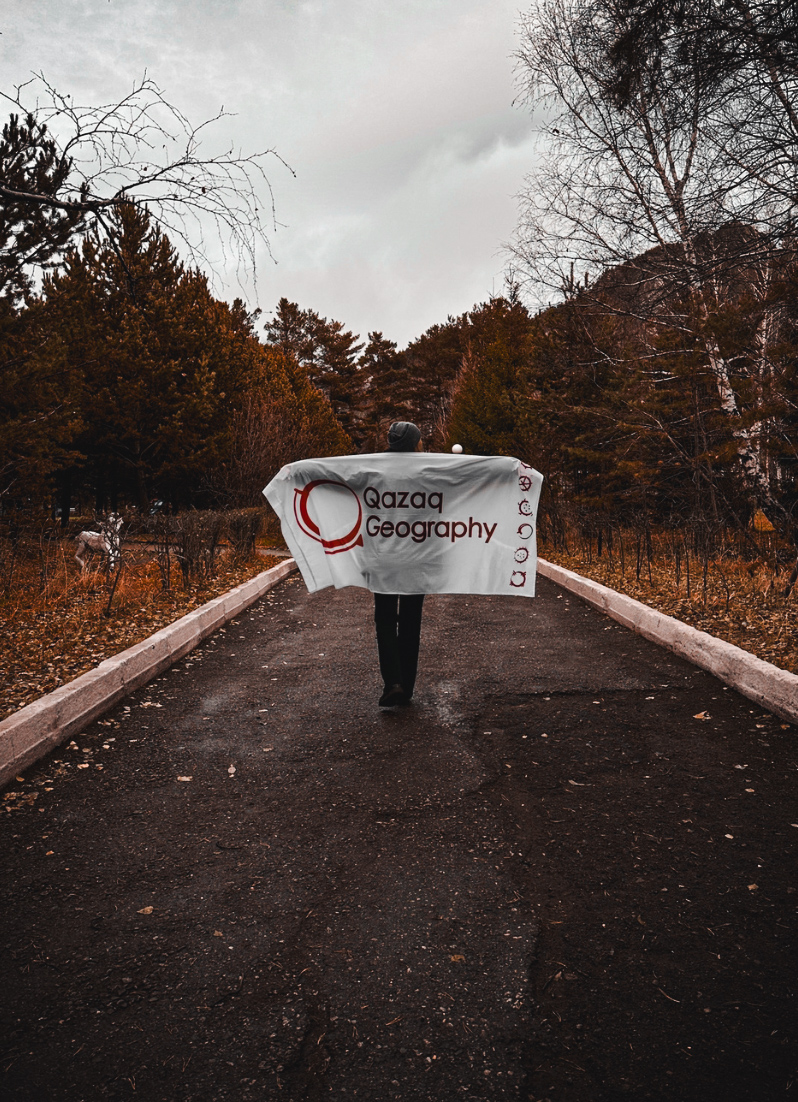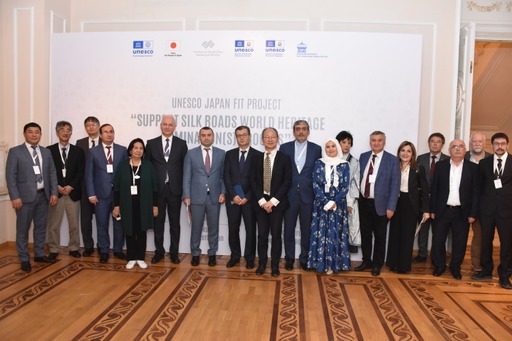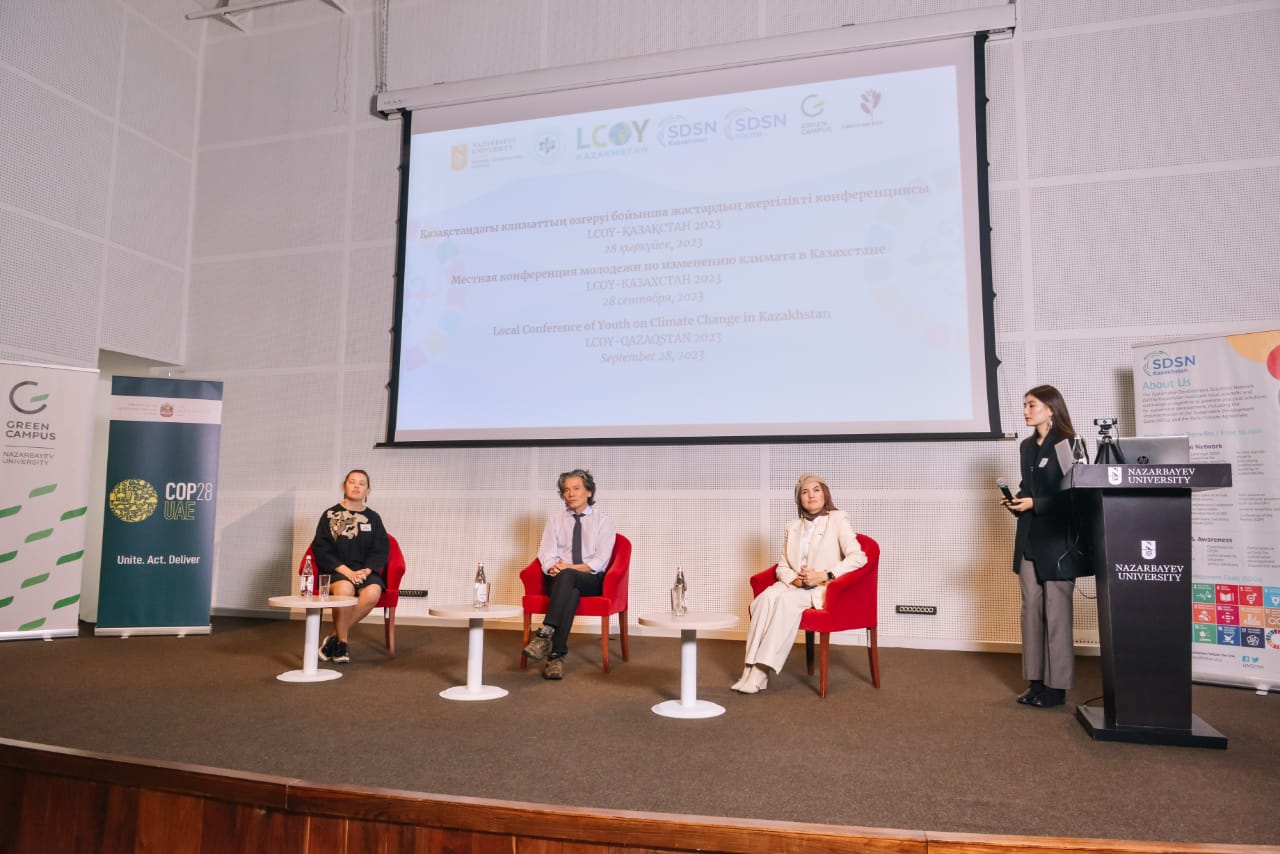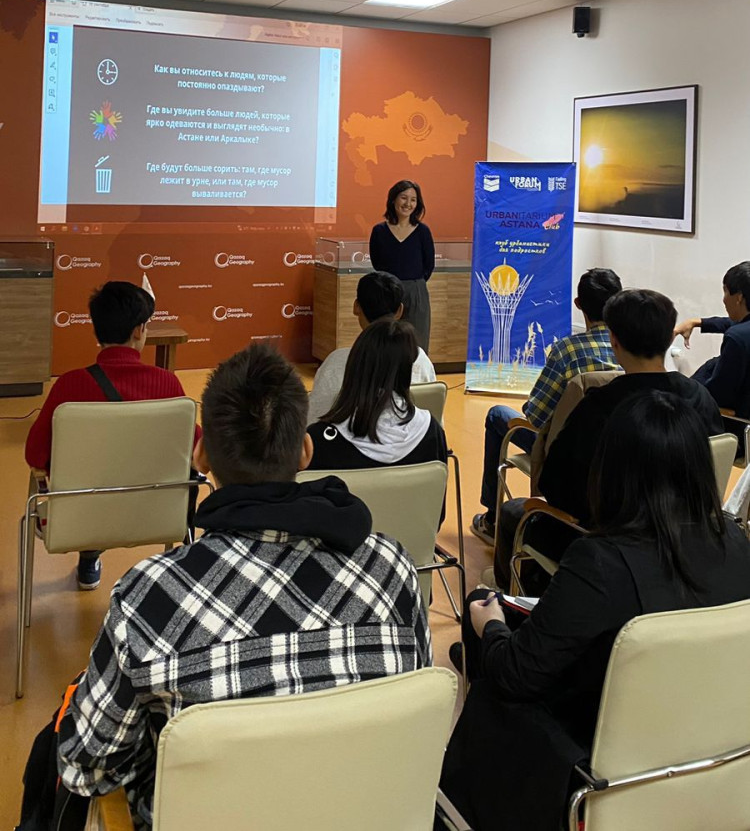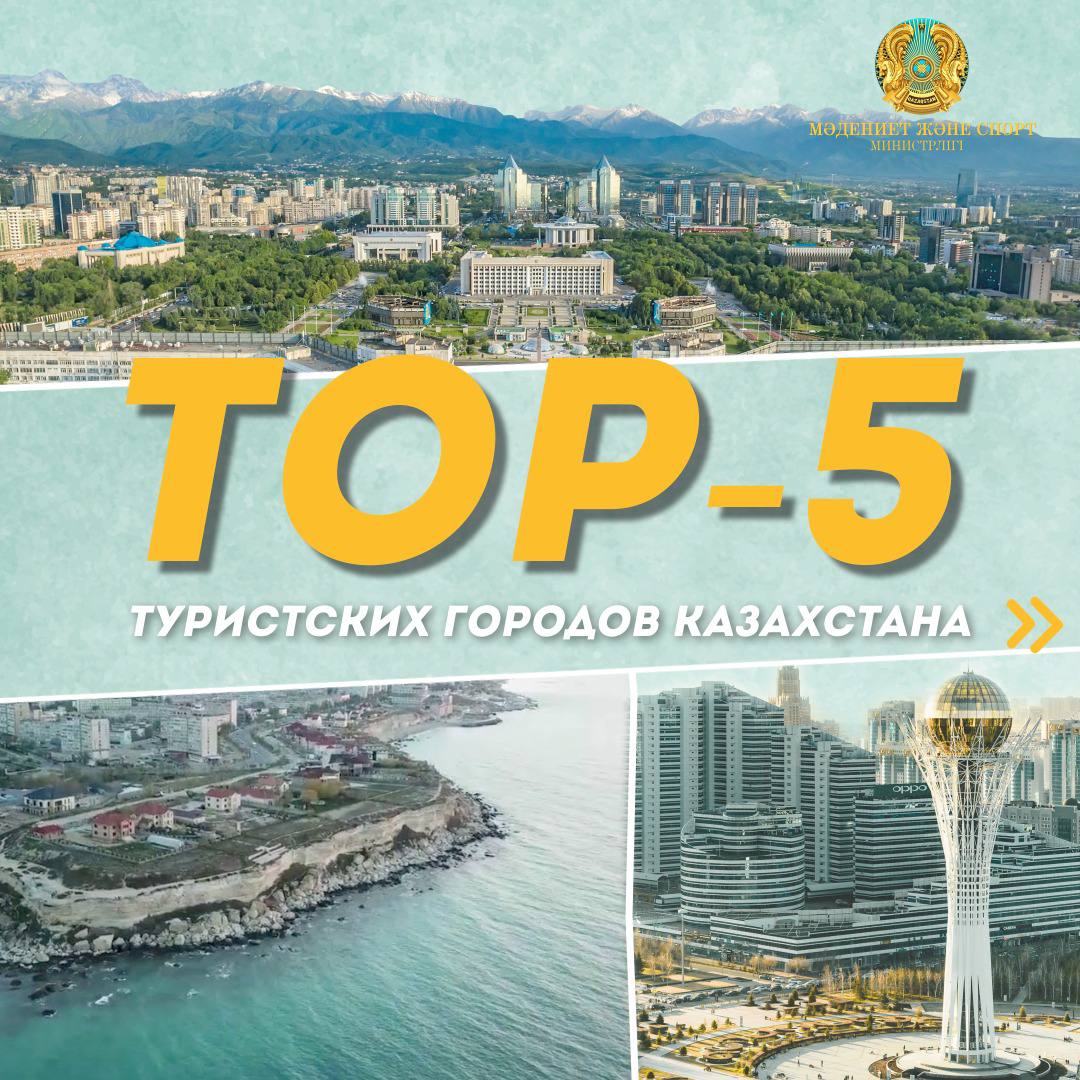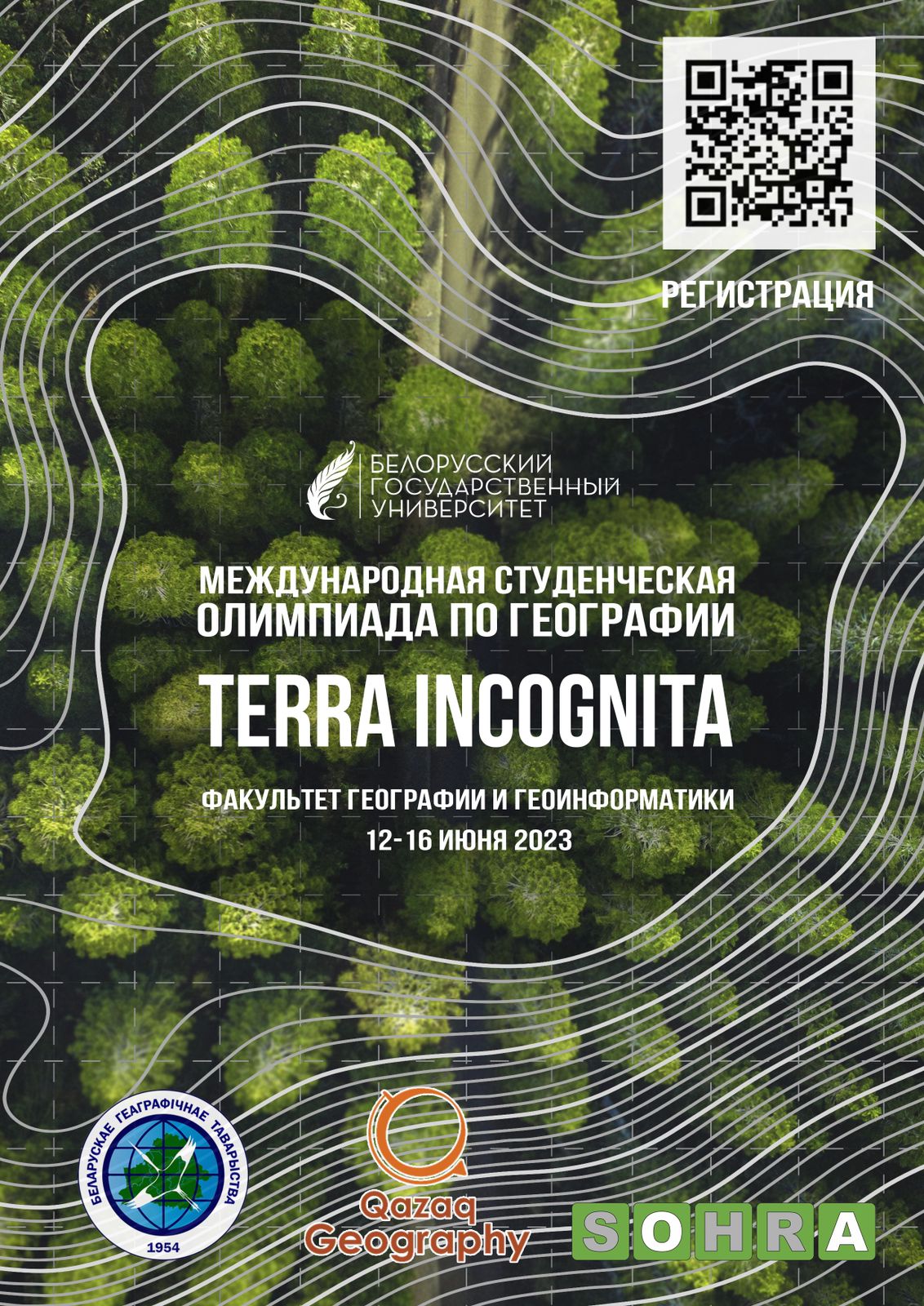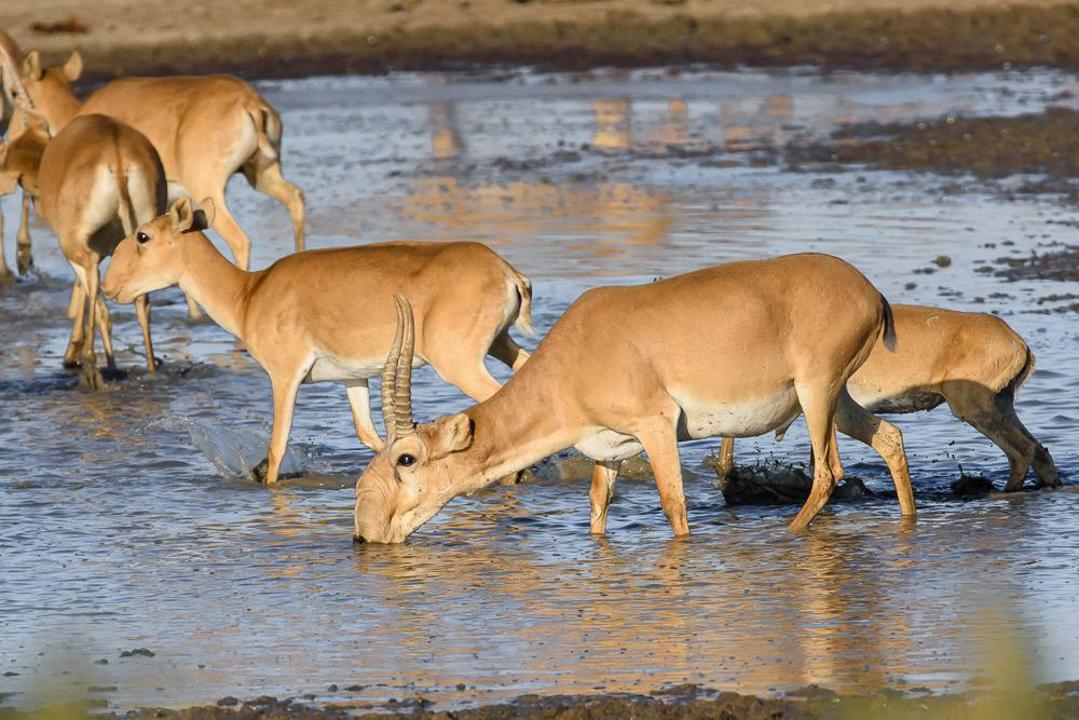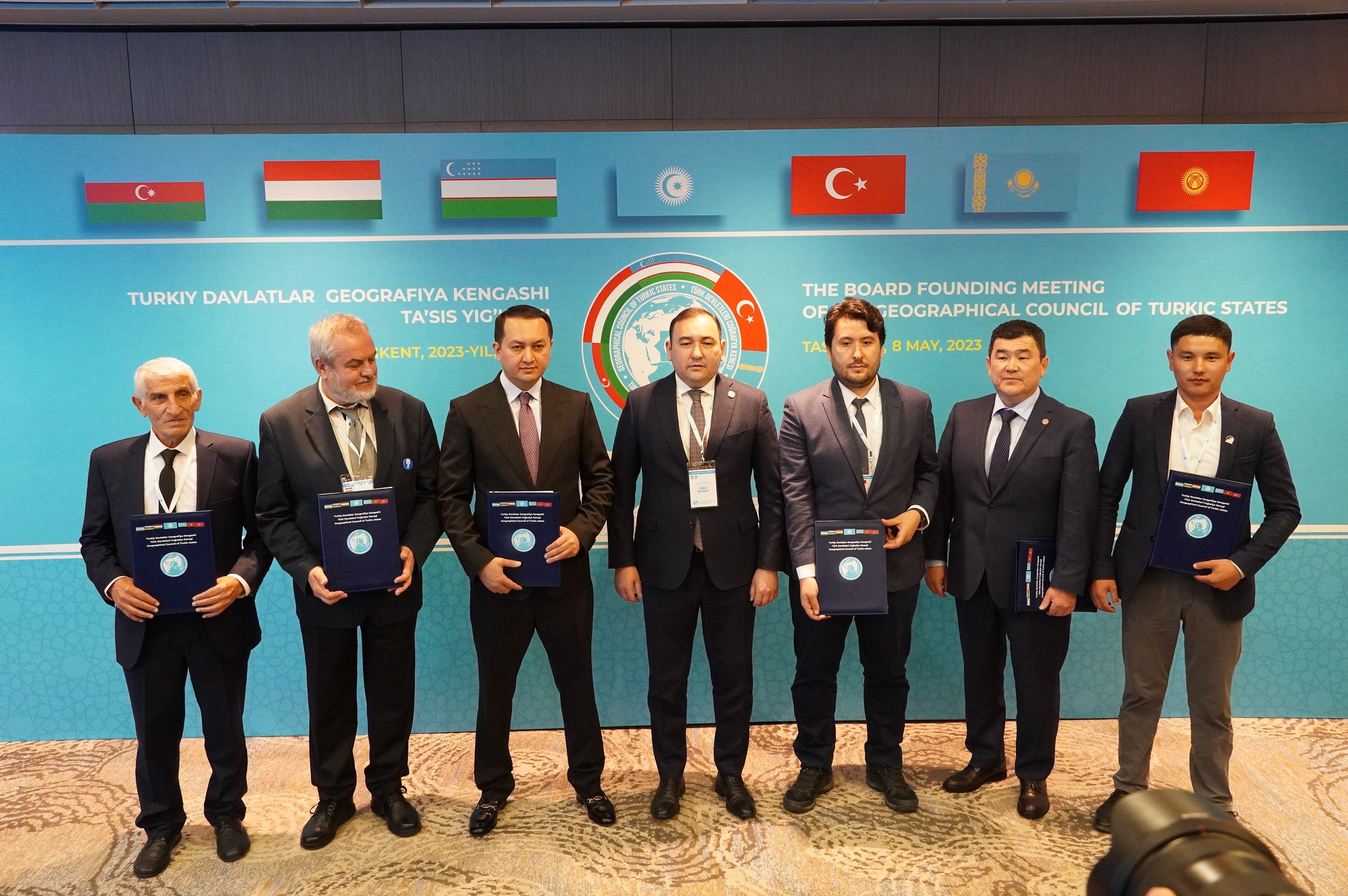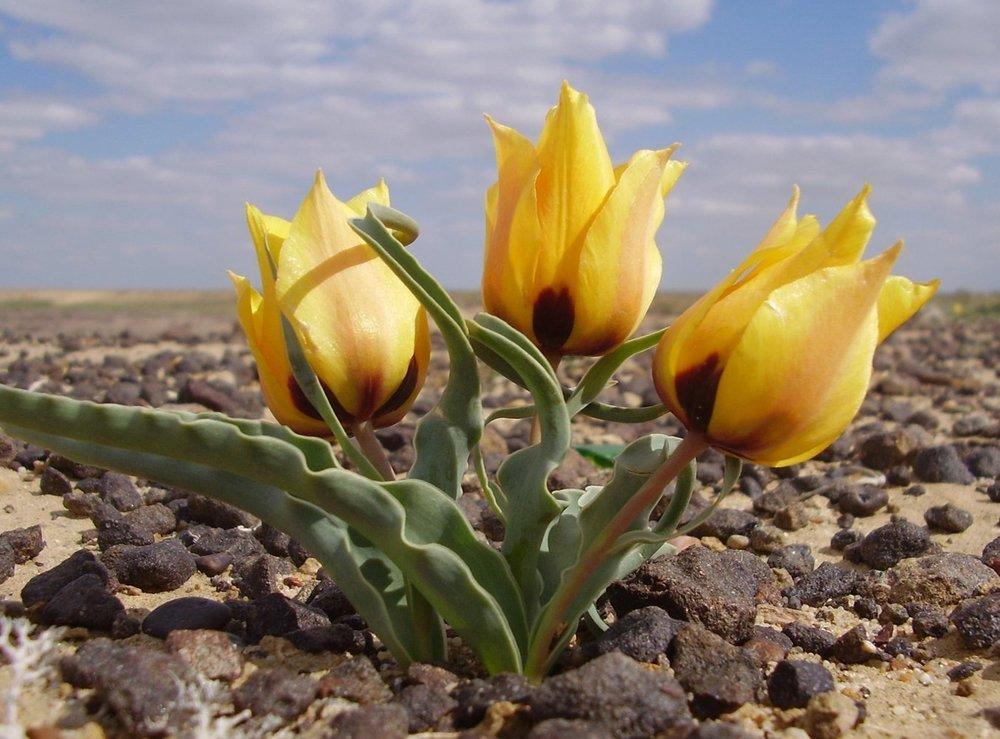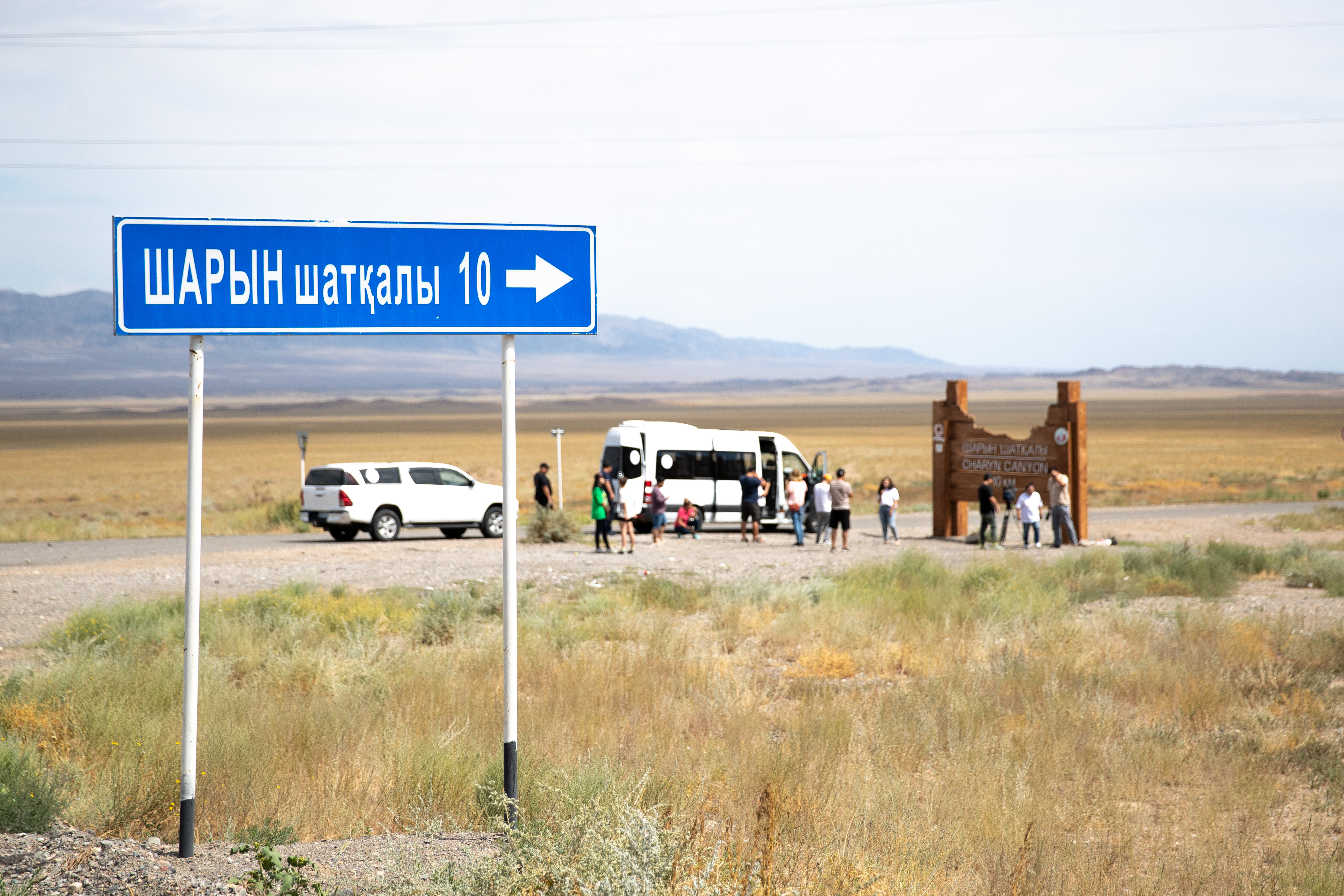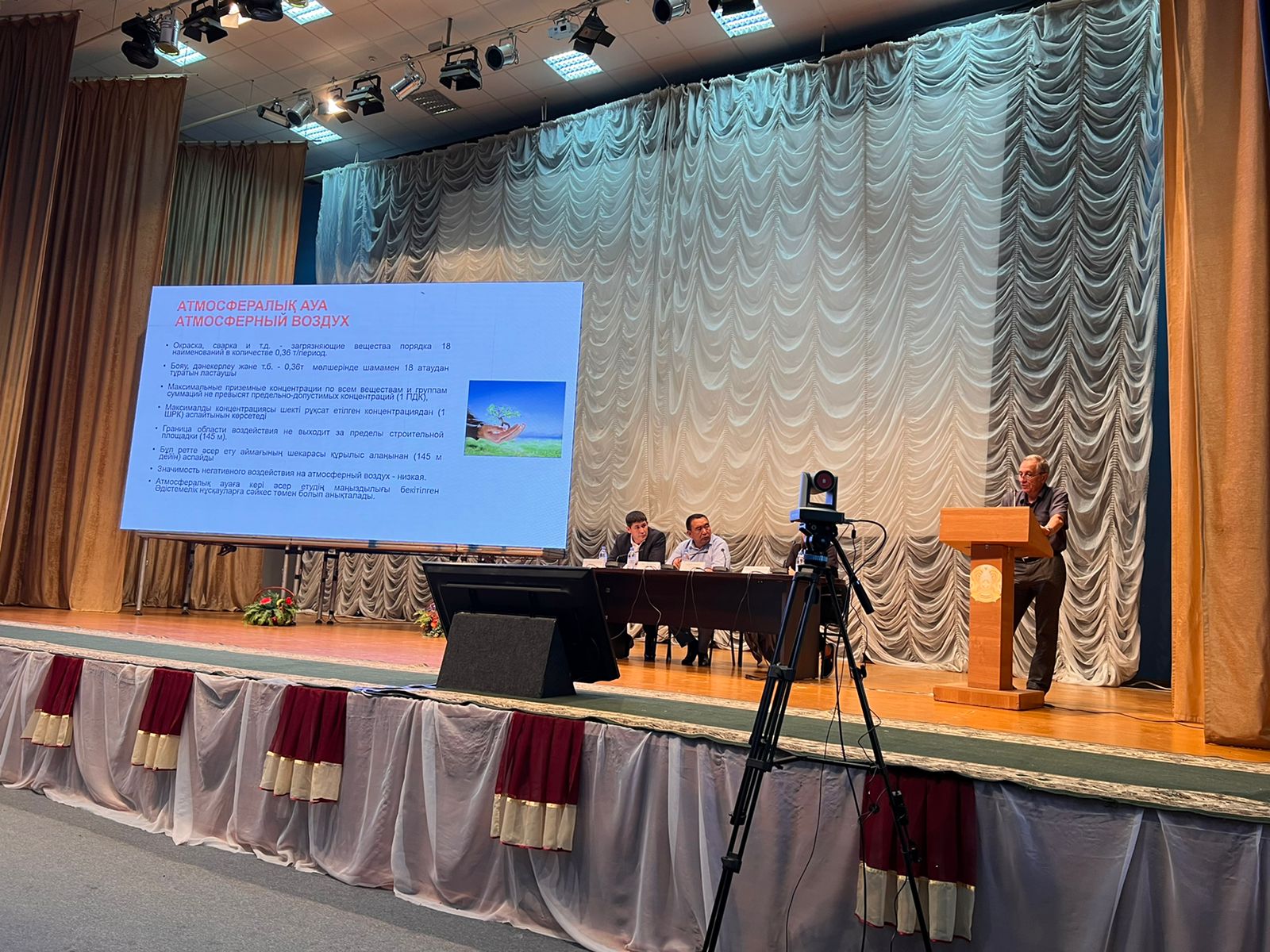Key Threats to the Caspian Sea According to Research:
- Rapid decline in water levels – Since 1996, the Caspian Sea’s water level has been steadily decreasing. By 2100, it may drop by as much as 18 meters, with approximately 70 cm of seabed exposed annually.
- Coastal retreat – In Kazakhstan, the shoreline has receded by up to 50 km in some areas, negatively impacting local communities and industries.
- Species extinction – The population of the Caspian seal has plummeted from over 1 million to just 70,000 individuals. In 2022, thousands of dead seals were found along the Caspian coast, with potential causes including pollution, disease, and gas emissions from the seabed.
- Disappearance of sturgeon species – The populations of beluga, Russian, and starry sturgeons have declined by more than 90% due to overfishing and habitat destruction.
- Economic consequences – The drop in water levels is negatively affecting fishing, agriculture, and port operations, leading to serious economic risks for the region.

Research indicates that the Caspian Sea is on the brink of an environmental catastrophe, requiring urgent intervention. Qazaq Geography calls for:
- The development of scientific programs to study the Caspian’s shrinking dynamics, its ecosystem, and its impact on global climate processes.
- The implementation of international measures to preserve biodiversity, including the protection of Caspian seals and sturgeon species.
- The introduction of environmental education initiatives to ensure future generations understand the importance of protecting the Caspian.
Following the conference, Qazaq Geography supported the following recommendations:
- Establishing an international program to monitor the Caspian’s condition.
- Strengthening control over industrial waste disposal and poaching.
- Developing environmental education to raise awareness about the Caspian crisis.
Qazaq Geography urges the public, scientists, and governmental institutions to unite efforts in saving the Caspian Sea. The time to act is now!

